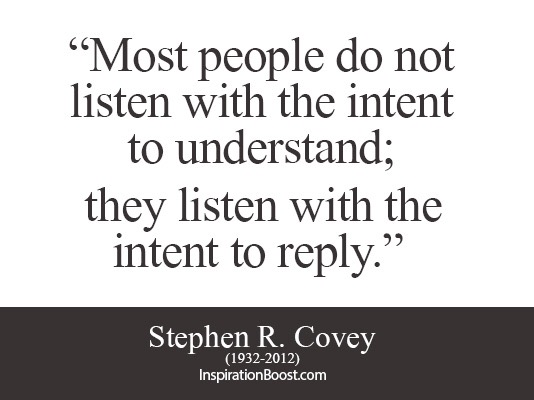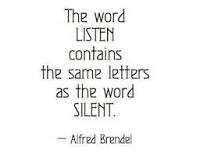Originally published February 16, 2016.
“This is what I believe: That I am I. That my soul is a dark forest. That my known self will never be more than a little clearing in that forest. That gods, strange gods, come forth from the forest in the clearing of my known self, and then go back. That I must have the courage to let them come and go. That I will never let mankind put anything over me, but that I will try always to recognize and submit to the gods in me and the gods in other men and women. There is my creed.” – D.H. Lawrence
Self will is a hard matter for some of us. My story hearkens back to a time when I lived in a world of black and white, when my self will was fueled by absolutes and platitudes.

The first time I recall really listening was when I was in high school, and a member the Seattle Prep debate team.
I had developed a patriotic speech in support of President Johnson’s policy in Vietnam. I had had good success in oratory, placing high in statewide tournaments. My arguments were morally strident and my presentations self-righteous. My main concern was not so much about what I was arguing, but whether I was winning. I liked the feeling of winning arguments more than making the right arguments.
It was the Spring of 1966. I had made it all the way to the state championships with my dramatic apology for the Vietnam War. When I reached the final round, a contestant from Mercer Island High School, Carolyn Bixby, was assigned the speaking slot before me. Her oration was an argument against the war, eloquently delivered, brilliantly written, and in every way more outstanding than mine. I remember bounding to my feet as did the others in the room and applauding her performance, completely forgetting that I was in a competition making the exact opposite argument.
I walked slowly to the lectern with the dawning realization that I had absolutely no passion for what I was about to say. My pro-war argument had been blown to smithereens and the best I could do was to disassociate myself from a speech that had been hollowed out in front of me. So I changed my introduction to “Carolyn is of course right, but there are those who would argue…”
Carolyn went on to win the event and I went on to change my position on the Vietnam War.
I found that being intellectually undressed in this instance made it easier for me to change my position on many other matters. Prior to that debate season I lived in a world of orthodoxy, whether political, religious or social. I had been taught to make up my mind before I heard a contrary point of view. I had become an intellectually inflexible 16-year-old.
For some reason Carolyn Bixby spoke in a language that forced me to pull the cotton out of my ears and listen — deeply listen — to what she was saying. Not to what I was thinking about what she was saying.

I learned there were a lot of people smarter than I. And, over time, I found that dressing in a new set of intellectual clothing was rather nice.
Just a thought…
Pat
Copyright © 2016 Patrick J. Moriarty. All Rights Reserved.
Would you like to submit a post to Just A Thought? To learn more, please click here.
